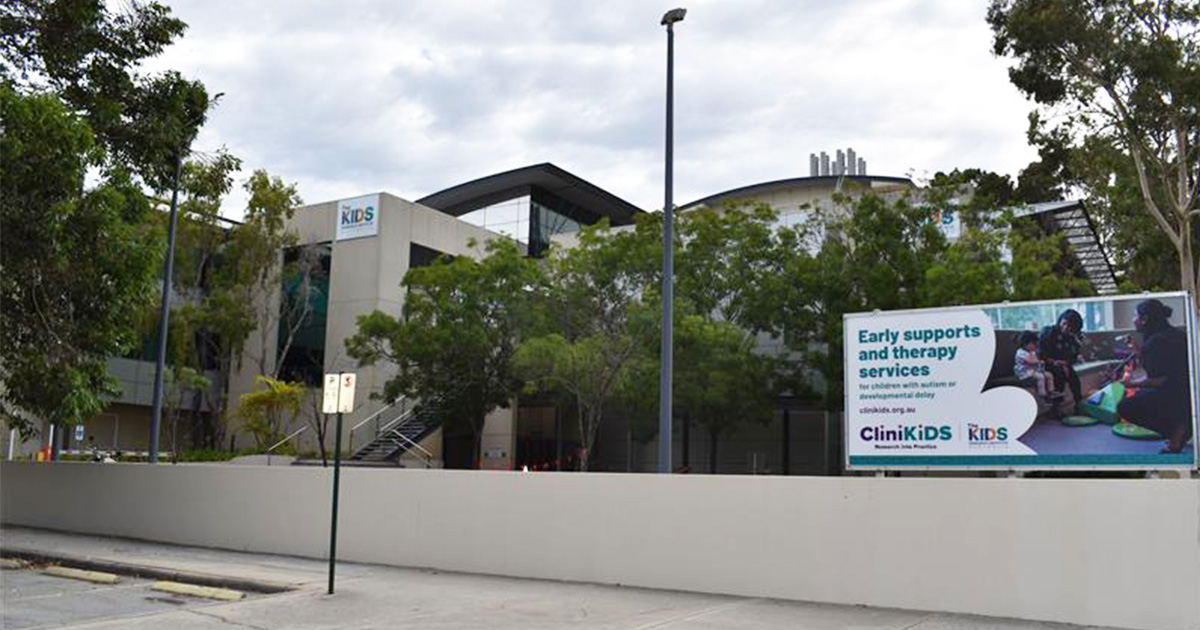Search

Speech Pathologist

Speech Pathologist

Clinical Psychologist

Clinical Lead, Speech Pathology

Clinical Lead, Occupational Therapy

CliniKids has clinics in Subiaco and in Joondalup
Find out more about Paediatric Occupational Therapy services at CliniKids.

The CO-OP approach guides children to independently discover and develop cognitive strategies to perform the necessary tasks of everyday living.

The ESDM aims to promote a child’s development across all domains, including language, joint attention, imitation, cognition, play and social skills, and fine and gross motor skills.

At CliniKids, the JASPER approach is for preschool and school-aged children who have differences in play and social communication skills.
